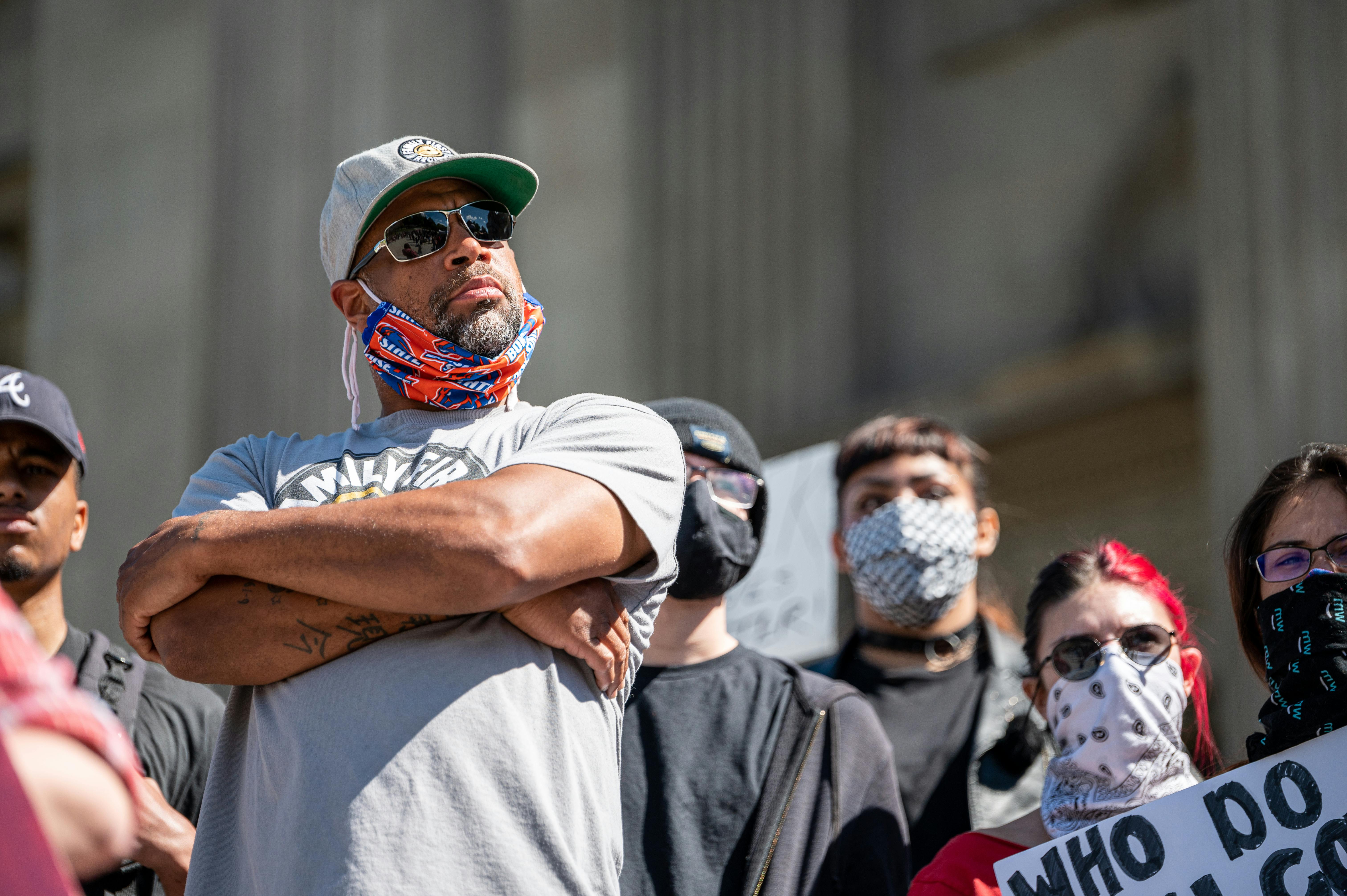I recently finished teaching an organizational development course where I was given free rein to come up with something compelling. I was thankful that no matter how much they teach you about leadership challenges, until you experience one, you’re just reading the menu. Better eat the food, and eat we did!
In one session we had a particularly instructive role play. One of my brave students stepped to the front of the class to play the role of a newly hired consultant to the CEO, me. I decided to be harsh, hasty, impatient and seeking to blame my employees as the source of my problems. My student quickly recognized my attitude as a probable problem and boldly challenged me. But the way he did it seemed condescending to me, and I didn’t like it. So, going into the role, I noticed that I was feeling hurt, angry, and resilient. And, in character, I made it exceptionally clear to my student-consultant that I did not want to be patronized, etc. My heart was racing!
My student had to publicly react to real feelings coming from an authority figure (CEO or their instructor, take your pick). Not exactly the hand he feeds you, but pretty close. A key teachable moment then occurred, as she acknowledged my defensive feelings about her approach. She did it by being empathetic and clear, and she didn’t provoke me anymore. As CEO, I found it more likable, and the passion in the meeting seemed to subsidize. If you’ve ever been a consultant, you know that sensitive situations of this nature are quite common in first meetings with difficult clients.
When the role play was over, I began the class report by explaining that being “right” gets you nowhere as a consultant if you can’t make an emotional connection with the client. To my surprise, the class completely disagreed with me! They applauded the student (literally) for standing up to me and dismissed the risks of her losing my confidence. They thought that as the headstrong CEO, he needed to be challenged.
I could see that one of those perfect teachable moments had arrived: they were consumed with their attention, they disagreed with me, and their banner bearer had beaten me at my own game. So I congratulated my consultant on a hard job and well done. And I encouraged my students to continue to disagree with authority as they saw fit. I’m sure you heard it!
I then explained my personal experience that, in character, my receptivity to the consultant had decreased substantially as a result of the provocation. I suggested that perhaps the element of pride (in both parts) could be worth a little more attention. They weren’t ready to go there with me at the moment, but I could see that my firsthand report had given them something to think about.
Now, I could have simply lectured my students on this topic, and they would have learned the concepts involved. But that is not my goal in teaching. In the social disciplines, what students need most (and what I try to give them) is an emotional experience that provides context for the new concepts they are learning. They need to have the feeling being there.
I received very positive feedback on this class, and one student felt that it led to great success at work. while the class was still in session. So obviously I was successful this time with these students. I am very pleased to know that one of them can boldly involve a CEO one day. If they survived the encounter, that would please me even more.



